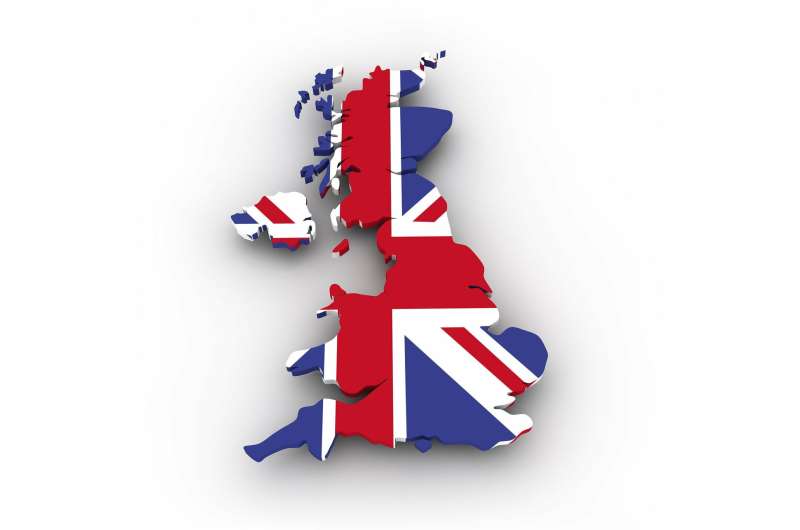Brexit has already cost the average worker a more than a week's wages, academic study shows

The vote to leave the European Union has already cost the average worker more than a week's wages thanks to higher prices, a study shows today.
The fall in the value of the pound after the June 2016 referendum caused a lasting increase in the price of many goods, costing Britons more than £400, according to research by Dr. Dennis Novy, a leading expert on the economic implications of Brexit.
Dr. Novy's chapter is one of 18 studies collected in a major report, Which way now? Economic policy after a decade upheaval, written by members of the Centre for Competitive Advantage in the Global Economy (CAGE) and published on Thursday 7th February by the Social Market Foundation think-tank.
The report, to be launched at an evening reception in London, with a follow-up event in Warwick next week, presents insights from 25 leading economists who each draw on their own expertise to tackle the question of what a post-financial crisis, post-Brexit economic policy should look like.
In his chapter, Did the Brexit Vote lead to higher UK inflation?, Dr. Dennis Novy, associate professor of Economics at Warwick University, draws on research he conducted with Holger Breinlich, Elsa Leromain and Thomas Sampson to calculate how much of the recent rise in inflation was caused directly by the referendum result.
The value of the pound relative to other currencies fell sharply after the vote, as currency traders sold sterling and other investors calculated that Brexit will lead to lower UK growth in the long-term.
Before the vote, £1 was worth around Euro 1.23 and is now worth around Euro 1.14. Against the US dollar, it fell from $1.44 to around $1.30 today.
CPI inflation in the UK rose from 0.4 percent in June 2016 to 2.6 percent in June 2017.
Not all of the increase inflation can be attributed to the Brexit shock to sterling. Other factors such as the global oil prices also contributed.
But by looking at the prices of goods (such as clothing, shoes and furniture) that are especially sensitive to currency rates, Dr. Novy established that most of the increase in inflation was driven by the fall in pound after the referendum.
He calculated that the Brexit vote increased the UK's annual CPI inflation by 1.7 percentage points in the year following the referendum.
Such an increase in prices means that that the average household had to spend £7.74 more per week, or £404 more per year, to afford the same purchases in the first year after the referendum.
The inflation shock continued after that first year, meaning households' total costs since the referendum are higher still. CPI peaked at 3 percent in October 2017 and was still at 2 percent in December 2018.
Because the referendum meant higher prices but did not also boost wages, the overall effect of the vote was to reduce real wages, costing the average worker almost one week's wages (4.4 working days' wages) in the first year after the vote.
The impact of the inflation shock varies across the UK, because different regions spend different proportions of their income on the goods most affected by the price rises. So while London only experienced an inflation shock of 1.35 percentage points, Northern Ireland's figure was 2.17 percentage points. (See table below for full regional breakdown.)
Dr. Novy said: "It is clear that the average UK household is already paying the price for voting to leave the EU.
"The economic effects of leaving the EU will depend crucially on the outcome of the ongoing negotiations between the UK and the EU. But even before Brexit has actually taken place, the referendum shock of June 2016 has already had substantial economic costs for the typical household."
James Kirkup, Director of the Social Market Foundation, said: "Some politicians argue that no-one voted to be poorer in the EU referendum. This study shows that whatever voters' intentions, voting to leave the EU has already made everyone poorer."
Commenting on the report, Professor Vera Troeger of CAGE said: "This new CAGE policy report considers four different perspectives to answer the question: What is the role of a government in a modern economy after the global financial crisis and Brexit?
"It is clear that the pre-crisis political consensus on economic policy needs to be re-thought, as it has failed many communities and regional economies.
"We hope that the perspectives in this report will be useful to Government and parliamentarians as they consider the way forward for the UK."
Provided by University of Warwick


















